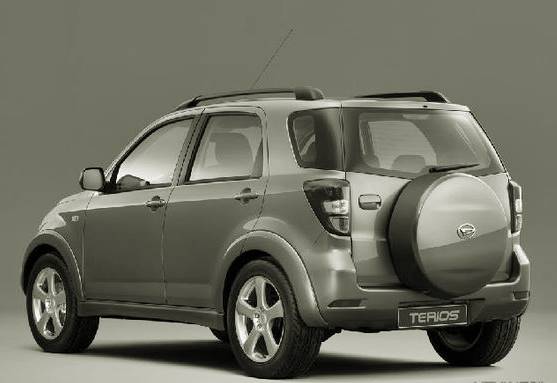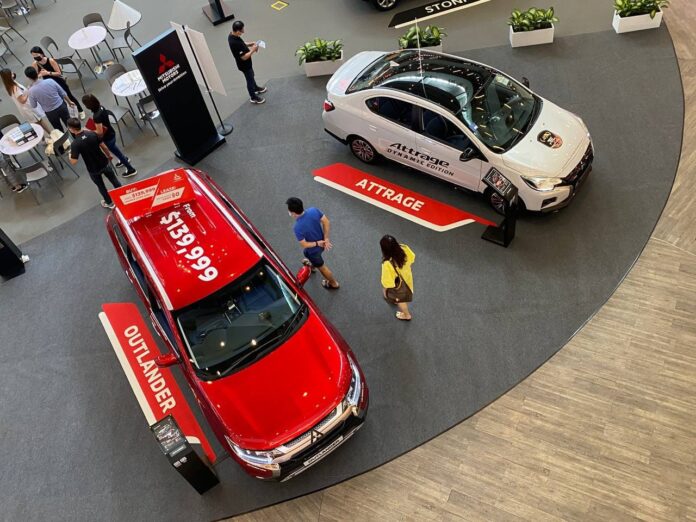Mitsubishi Motors will not officially sell any of its vehicles in Singapore in 2024 with the change in the vehicle testing requirement and the enhanced Vehicular Emissions Scheme (VES). According to a report in The Straits Times (Singapore), Singapore will adopt the Worldwide Harmonised Light Vehicles Test Procedure (WLTP) as the sole testing standard for new private cars and taxis sold here.
This being a stricter test (said to be more representative of real-world driving conditions), current Mitsubishi models for the Singapore market will have results which will be disadvantageous for buyers as the emission levels will result in additional charges.

Cycle & Carriage (C&C), the official distributor since 1977, estimates that for a model like the Outlander SUV, the new requirements could add S$15,000 (about RM52,200).
Sales will resume in 2025
The company will, however, resume sales in 2025 with products that will be more compatible with the new requirements and therefore not have penalties added to the prices. Mitsubishi Motors would have engines that can meet WLTP but production has probably to be planned for the Singapore market which may take time. It is also possible that C&C may switch to other models.
Emission regulations in various markets change over time, becoming tougher as governments want to reduce the impact of pollution from motor vehicles. A time-frame is usually given to the auto industry so that powertrains can be tuned or new ones developed to meet the new regulations.
Evolution and adoption of regulations
Typically, the standards are first upgraded in Europe, America and Japan and then adopted progressively in other regions. Newer powertrains that meet more stringent regulations may cost more and also require fuel that is of a higher standard. Economic conditions may make it impractical for the governments to upgrade standards so quickly so manufacturers have to cater for such situations.

While Mitsubishi Motors has suspended its sales in Singapore for just a year, Daihatsu made a decision to stop selling its vehicles in Europe after 2013 due to increasing development costs to comply with changes in emission regulations in Europe, especially those related to CO2 emissions. The appreciation of the yen against the euro was also a contributing factor to its decision as its vehicles manufactured in Japan would no longer be competitive in prices.
Other reasons for stopping sales
There can also be other reasons for carmakers suspending sales in some markets, for a short term or longer. These can be related to economic or political reasons, or just that there is no longer a local business partner to represent them.
in Malaysia, Mitsubishi Motors stopped selling passenger cars under 2000 cc in the second half of the 1980s when it became the technical partner and shareholder in Proton for the Malaysian National Car project. It did so to demonstrate its commitment and support for the project by removing its own products that would be competitors to the Proton model. However, it resumed selling passenger cars 20 years later.


Suzuki did the same thing in 2016 when it became involved with Proton, supplying an MPV model for Proton to adapt to the Ertiga. The carmaker stopped selling its 4-wheelers in Malaysia almost immediately in anticipation of a long relationship which, unfortunately, was not realised. It would return 5 years later at a time when the COVID-19 pandemic was still ongoing.
Looking after existing owners
When carmakers cease business operations, there is still the question of support for those who own their products. They may or may not return but the owners still need aftersales support and a company which values its reputation will not just leave and abandon its customer. Usually, a local company will be appointed to provide support and handle warranty claims for a number of years.
Click here to find out about Mitsubishi vehicles sold in Malaysia
Mitsubishi Motors starts making kei-class commercial EV in Indonesia

